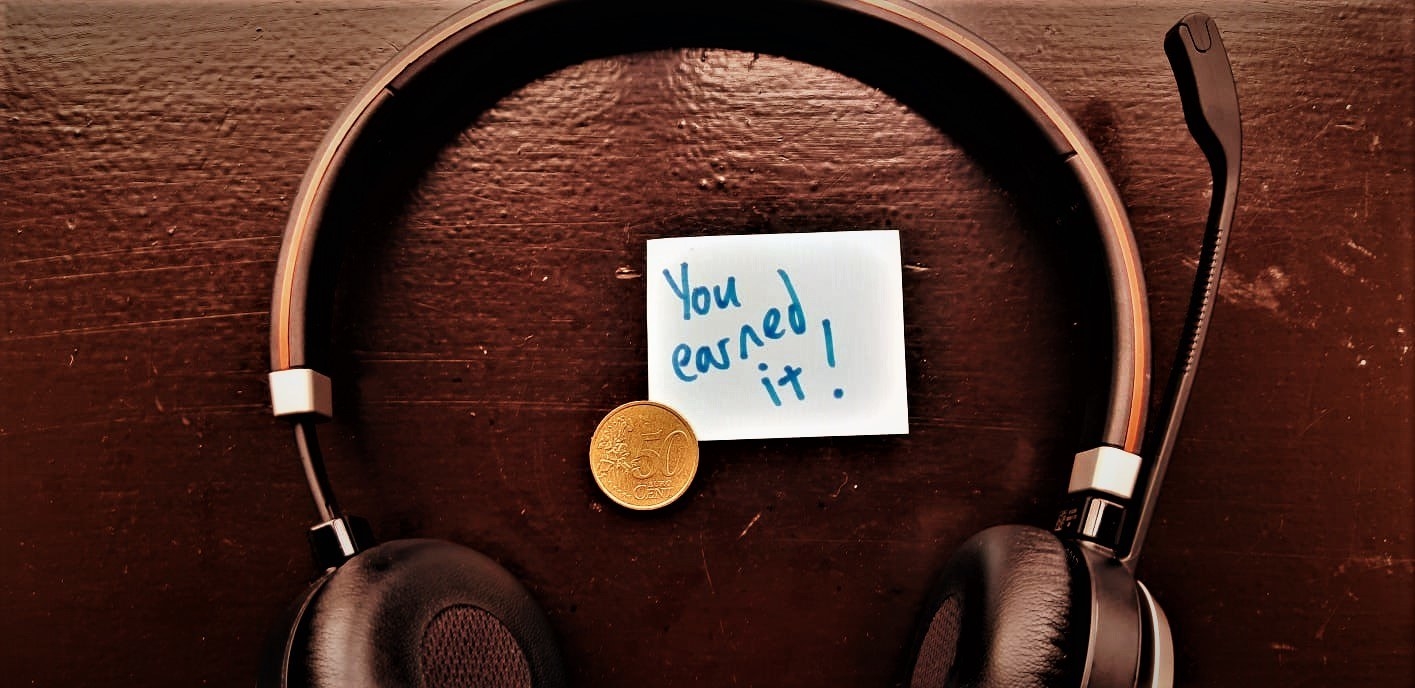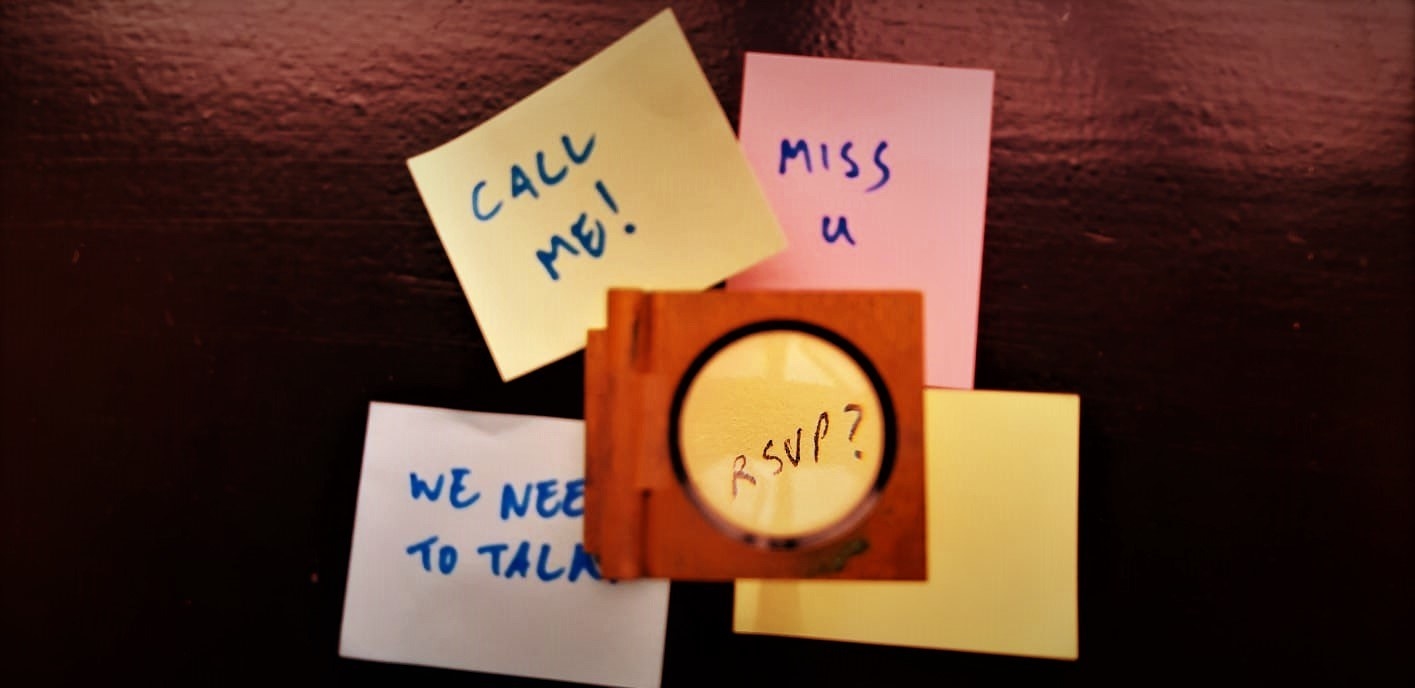Heads-up: it's not about a farm. It's about your workplace.
View this video on YouTube
Maggie's Farm is a song by Bob Dylan, covered by RATM, that talks about a farm full of horrible bosses. You could see it as a metaphor for your office, shop or factory.
You may not work in the agricultural sector. You may not even see your company as a microcosm of American conservatism in the '60s (weird flex, but ok) or a Folk singer angry at his audience. But you've met a Maggie’s Ma, Pa and Brother, and you hated them. So let's talk about the three types of overload-the-socket-next-to-the-fire-hazard-on-purpose awful too many of us have to work with. Pick up your pitchfork and come to Maggie's Firm.
1. Maggie's Pa

The Aggressive Maggie's Pa
"He puts his cigar out in your face just for kicks"
Combative, volatile, domineering, fiercely hierarchical and wantonly cruel, the Maggie's Pa type of manager is an anachronism but being endangered is not the same as being extinct. The angry "call me sir" manager that is the Maggie's Pa seems to be timeless. She throws her weight around. He shouts regularly. She swears at line reports and punishes arbitrarily (or seemingly arbitrarily, to maintain authority through fear).
You don't need me to explain why this behaviour shreds mental health and slaps the morale out of a team with a hairy-knuckled backhand. Naturally, the Aggressive Maggie's Pa causes stress and anxiety and drives talent away. But there are subtler expressions too. You can be a Maggie's Pa without raising your voice.
The Lone Wolf Maggie's Pa
"His bedroom window is made out of bricks"
Another kind of Maggie's Pa is closed off, rigidly inflexible and anything but open, either to looking out or to others looking in. His brick window can masquerade as 'professional-personal' boundaries while really being a total refusal to display any vulnerability. Why? To affirm the message you are meant to receive: "We are not equals." Yes, yes, the Tiny Johari Window Gang will object. But you know the difference between healthy boundaries and giving nothing. And you also know that when the power (or personal) dynamic requires the other party to share when you do not, it is not just impolite but a subtle aggression.
The Maggie's Pa doesn't encourage, expresses no empathy, treats employees like machines and loses quality human staff because of it.
That brick window may, on the other hand, be about looking outward. A total unwillingness to see the value of ideas and input from other people, other disciplines, other organisations. It's a rigid, small-c conservatism that refuses to adapt, to compromise or to listen. It can pretend to do these things, but a relentless pursuit of a specific line of strategy despite repeated waves of evidence or advice to the contrary reveals a true Maggie's Pa. It's exhausting, and it wastes potential like so much self-congratulatory podium champagne. The Isolationist Maggie's Pa is not just hostile to ideas that aren't his own, she's intentionally cut off from others even within her own team.
"The national guard stands around his door"
"My door is always open" has become an irritating cliché, mostly because it's regularly untrue. A friend of mine worked for someone who literally opened his office door about a centimetre and used that old line, displaying genuine confusion and irritation at anyone crossing his threshold. But open plan offices are far from immune. There are many ways to slam a door in someone's face.
A refusal to engage in conversation with a junior staffer (until the day they get promoted or win praise from the big boss), an almost religious zeal for keeping decision-making from being transparent, and the myriad of ways in which the circle of power is kept tight and small and heavily defended: these are signs of the Maggie's Pa. The type knows no gender these days, nor age. You may have met a young silicon valley bro who was in fact a Pa, or a woman extolling the virtues of nonviolent communication while aggressively putting down anyone disagreeing with her. It's 2020. Pa can be a mom, too.
2. Maggie's Ma

The Shallow Maggie's Ma
"She's 68, but she says she's 54"
The Shallow Maggie's Ma is obsessed with surfaces and appearances. Vanity projects that suck time and cause stress with no relation to the KPIs you'll be judged on? She's a fan. Endless papers and presentations for the Board and his bosses that will take you away from actual work: he will expect it. Projects, purchases and people hires based purely on the bone-chilling words, "it's the latest thing": the Maggie's Ma will not only do it, she'll entrench shallowness and zombielike loyalty to vapid brands in company policy. But wait. That's not all.
She demands displays of company loyalty. He tells non-pubic-facing staff to smile. She leads team-building ice-breakers of such colon-cringing awfulness that veteran youth group leaders gnaw through stacks of post-it notes like trapped ferrets to escape. The Maggie's Ma has never bothered to learn your name but calls you 'buddy', 'friend' or '[insert name that is almost yours, but very much not yours]' and parades you out in front of visitors before returning you to the third unscheduled project this week, saying: "thanks so much for pulling that together for me, amigo. Turn the lights out when you leave."
The Culty Maggie's Ma
"She talks to all the servants about Man and God and Law"
But the shallowness and lack of respect for your time (or actual work, or priorities or goals) are draining. They grind you down over time, but they are just work. These days, a new type of Maggie's Ma is gaining ground. The Culty Maggie's Ma wants more than just your output. She wants your soul.
What started, I assume, as a decent-minded desire to give staff a sense of purpose in their work, or more motivation based on pulling toward a common vision with a common ethos, has become a sense of entitledness on the part of employers. It is not enough to lease your hands. They want your heart as well. Whether that's you life outside of work (behold non-company-spokespeople being hauled over the coals for their Facebook likes or drunken IG posts) or the core of your being, the Maggie's Ma wants it. Like King Lear, she wants to apply the expectations of formal power to the realm of the personal. And also like King Lear, he goes on far too long and much of what he says feels deeply unnecessary.
The Culty Maggie's Ma manager wants access to your feelings, to your dreams. She wants to force intimacy and have you share your dreams and hopes, regardless of your personal preference. In many ways the Anti-Robot-Pa, Culty Ma expects to own you outside of work and inside your head.
But he doesn't just want to know what you feel and believe. He wants to tell you what you should believe.
"Everybody wants you to be just like them, and sing while you slave"
When a Culty Maggie's Ma has access to all staff email lists or staff wellbeing remits, or when they are the one in charge, things can get ugly. Like, family ugly. The We're-Like-Family-Here Industrial Complex is well on its way to being the dominant force in touchy-feely workplaces. And that is fine when the business is actually like a family in the sense that it is flexible and will accommodate the staff 'family' in its changing needs. Too often, however, the flexibility is only expected from employees and these 'families' are only worthy of the label because they're dysfunctional and you don't feel like you can ever leave.
Culty Maggie's Ma managers don't trust outliers and oddballs. They actively dislike those who speak their mind or have outside interests at odds with their definition of the 'good life'. They foster conformity and uniformity while pretending to foster unity and motivation. And the fact that their intentions may once have been noble does not make their form of management less toxic.
In combination with Aggressive or Robot enforcers and policymakers, they are hellish to work for or with. As Bob put it: "She's the brains behind Pa".
3. Maggie's Brother

The Cheapo Maggie's Brother
"He hands you a nickel, he hands you a dime"
Never mind the crushing hours and total lack of recognition, because we've got... PIZZA! Pizza Party everyone, mandatory obviously, to recognise all you do.
The Cheapo Maggie's Brother is like one of those absentee fathers who is never there for key moments or doesn't pay child support, but loves a flashy gesture or a fun gift. When you've taken on a huge extra load of responsibility, he's the one resisting a raise. She's spearheading the reduction in leave days and the freeze on regular pay increases and her first port of call for cost savings is always staff who can least afford the hit (rather than vanity projects of senior management). He will buy a foosball table and an office flume in a heartbeat, but prefers you to 'prove yourself' in an acting up role for a few years before he'll pay you that extra 5%.
"He asks you with a grin if you're having a good time"
The Cheapo Maggie's Brother would rather have 10,000 staff members fill in a half-hour worktime survey for the company wellness page than address toxic management culture or introduce flexible working policies that could actually improve the experience of work. He asks you in a meeting room full of colleagues how you're doing, and ticks it off as a weekly check-in. She is the queen of gestures that cost her nothing. He is the king of asking without listening. The Cheapo Maggie's Brother 'consults' you for feedback without keeping a record of your answers (but makes sure to record that you were consulted). She delays re-hiring after a team member leaves, allowing the rest of the team to pick up the extra work, and gives pretty speeches and boxes of chocolates, rather than a pro-rata payment to everyone covering the extra work.
She discourages staff collective bargaining bodies on the grounds that "we're all treated very well here and we wouldn't want to make it about 'us and them', would we?" and bans unions, saying every individual staff member should take any issue up with their line manager. Then she holds a lunchtime seminar on teamwork. He is deeply aggrieved if you don't want to go paintballing with him this weekend.
The Rule Bro Maggie's Brother
"He fines you every time you slam the door"
Maggie's Brother buys you a beer at the bar after work and then reprimands you for speaking out of turn. In work, he creates new rules and procedures in the name of 'consistency', and polices them as if they were immutable moral laws. The religious zeal with which she enforces policies nobody asked for is matched only by her relentless insistence that they are for your own good.
He cares more about when you clock in than the quality of your work or the outcomes you produce. And Maggie's Bro, like Maggie's Ma, is not above making you sign corporate oaths and statements of faith when it comes to your behaviour, while reciting the mantra "nothing personal, it's just business" when the business has to treat you badly.
4. Maggie

"I've got a head full of ideas that are driving me insane"
In Maggie's Farm, there is an unexplained absence. While we hear about Maggie's Ma, Pa and Brother, we never actually meet Maggie. Maggie's Firm, where she obviously holds managerial sway, suffers from a significant Maggie Deficit. And if you've ever worked for an absentee manager, you already know why Ma, Pa and Bro are able to drive away talent with impunity. Nobody is managing them. They're making it up as they go along, without accountability or encouragement. And even those who don't turn toxic soon get disillusioned.
Having to take on Maggie's responsibilities without her authority causes appalling levels of stress, but not nearly as much as when she drops back in to make calls: mostly bad, all late. When he parachutes in, ill-informed and under-prepared, he rages through his staff's improvised china shop of decisions and work-arounds like the very bull he speaks to justify his ignorance.
The Maggie's Manager need not be physically absent to be destructive. Conflict-avoidant personalities, managers who refuse to take seriously the sacred duty of care to those under their power, and those who see people management as secondary to project management can be Maggies, and you will not want to work in their firm for long.
Mental health suffers, stress increases, and, mysteriously, a golf tan appears on the face of the Maggie on the rare occasions he shows up. Maggie is the real problem here. Maggie should be keeping her family in line. He should be taking care of his people. She's letting you do her job.
If you want to leave, in the words of Uncle Bob, Don't think twice. It's alright.
Poll roundup
MAGGIE'S PA bosses are macho strength-worshippers, hard-assed control freaks, power players who will whisper to make you lean forward and remind everyone in the room of your junior status if you come up with a good idea. Command and control types with no time for any ideas but their own, Maggie's Pa managers are are unfashionable these days, but their lack of vision and inflexibility mean that, where they do exist, they repel talent and thrash the enthusiasm out of the hearts of employees.
MAGGIE'S MA bosses are either surface obsessed or inappropriately demanding of depth they have no right to. Vain and perception-obsessed, they introduce surface-level purity-tests in the form of meaningless sloganeering and mandatory flag-saluting. They want to be your best friend who owns you, your family whose love is conditional while yours should be total and eternal. They are easy to become if you're a genuinely enthusiastic or caring person, if you lose sight of the fact that employees have lives and beings outside of work that bosses have no right to. If your workplace feels like the Army and is not in fact the Army, or if it feels like a cult and doesn't have a compound, Maggie's Ma will be around somewhere. Probably mixing kool-aid.
MAGGIE'S BROTHER pretends to care about staff welfare while giving them nothing of value and expecting filial devotion. She's against your 10% pay rise, and for everyone pulling an all-nighter now and then. He loves to talk about the 'team'. Her heart races for wellness metrics and rigorous policing of rules. Reciprocity is just the name of the cosultancy firm he hired instead of trusting you to do the job.
MAGGIE bosses provide no support, often make others take on their workload, and allow bad behaviour to go unchecked and good work to go unrecognised. She is Mogadishu in the 90s. He is the child minder who leaves the kids alone at home while he does tequila shots at a bar. They allow bad practice to flourish and make work harder for everyone. Ironically, the only thing to do about a manager who's never there is to get rid of them.


